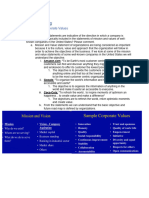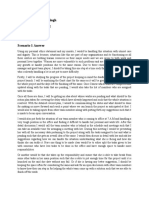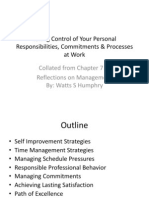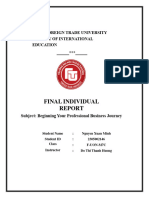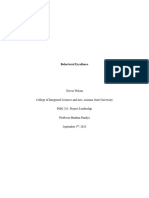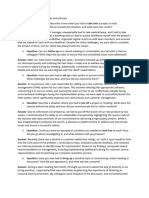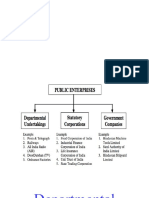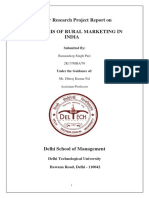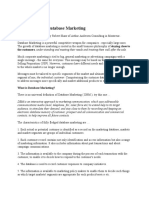Here are the ways that I would handle the challenges.
As for the first challenge, recognizing that my burnout might stem from
micromanaging or taking on tasks better handled by others, I would re-evaluate each
team member's strengths and responsibilities and delegate tasks appropriately to reduce
my own workload. I would also establish clear work hours for the project and my job,
ensuring I have designated family time. I would communicate these boundaries with my
spouse and team to maintain transparency and keep my personal life intact. Besides, if
these solutions didn’t work, I would consider quitting the full-time job as a business
analyst for the retail store since I am the leader of the team, and I would completely get
burnt out and overwhelmed if I continued to do both jobs at the same time.
About the second challenge, Nicole had quit her full-time job to focus on this
business, but was getting nervous about its opening. If this were the case, I would set up a
milestone calendar that specifies when critical tasks, such as the opening date and related
activities, are expected to be completed. This would provide Nicole with a concrete
timeline, making her feel more reassured. Besides, I would set up weekly or biweekly
check-ins with the team to help keep everyone on the same page. During these updates, I
would ensure to communicate progress transparently and welcome feedback from the
members.
As for the problem of Andres, I would have a one-on-one meeting with Andres to
understand why he hadn’t delivered the list. There might be some obstacles he couldn’t
share, and understanding his perspective would help me identify the support he might
need. After the discussion, I would set a new, realistic deadline for Andres and establish
intermediate check-ins to monitor progress. If Andres still failed to complete his mission,
I would consider punishing him or eliminating him from the task since that he did not
take his work seriously and did not have decent responsibility, and finding additional
resources or individuals to help gather this list.
� Finally, if Brian said that he could set up the whole music technology lab instead of
outsourcing it as I planned, I would address it in the following ways. Brian’s enthusiasm
for setting up the lab himself could be beneficial but also risked efficiency and quality if
he lacked necessary expertise. Therefore, I would first have a conversation with Brian to
assess his technical experience with the lab setup. If he demonstrated sufficient expertise,
I might consider allowing him to take the lead with close oversight. This would strike a
balance between cost savings and quality assurance. Besides, I would remind Brian that
the focus was on creating a high-quality, reliable lab for the business, which could be best
achieved through professional setup unless he was absolutely confident in managing all
technical aspects.








